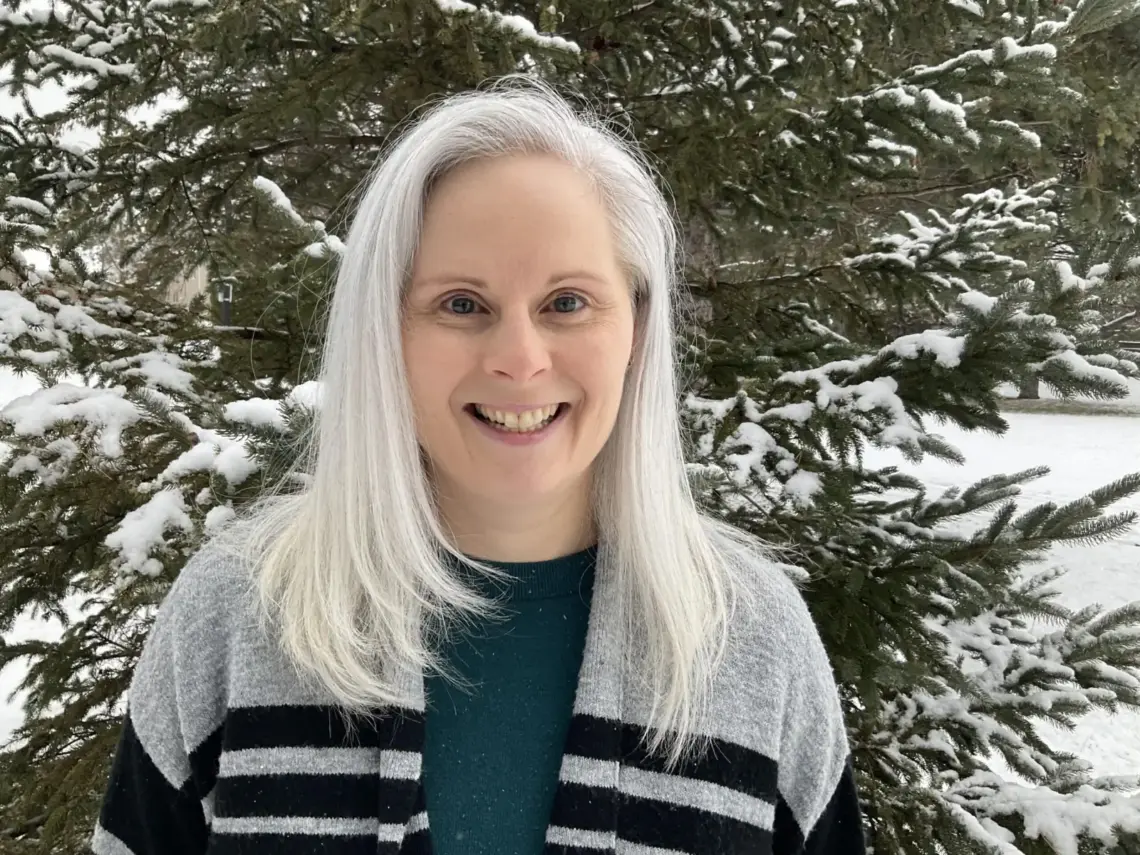
Over her 15-year career with the company, Nokia developer Kelly Ryan has helped ensure some of the world’s most advanced telecom hardware can operate in real-world conditions and designed solutions that transform how digital data is collected and processed.
Equally rewarding, however, have been the leadership opportunities her career has opened to engage, mentor and network with incoming talent, increasing the strength of the local tech ecosystem and her community as a whole.
Starting her career at Nokia as a hardware qualification engineer in 2006 – running various environmental stress tests on equipment, from earthquake simulations to lightning tests – Ryan has transitioned through various roles at the company, working on both tech projects as well as community outreach initiatives.
“I absolutely love being an engineer and the potential it gives you to control your career and steer it in the way that you want to go,” she says. “You really have the opportunity to try so many different things.”
After spending the bulk of her career working with hardware, Ryan transitioned roles in 2020 to become a digital solutions developer at Nokia, working with teams throughout the company to digitize and automate the data collection, data mining and reporting process – making it simpler and more efficient for engineers to get the answers they need.
The future of tech
However, it’s not only the technology that gets Ryan excited about her job. She regularly engages with future generations of skilled workers through several Nokia-led programs that connect employees with students as well as the wider community. Ryan says it’s an opportunity to share her passion for tech with up-and-coming talent and open their eyes to new career possibilities.
Since 2017, Nokia’s Future Tech program has provided paid summer jobs to grade 11 students with an interest in engineering. Participants work on technical projects for seven weeks, gaining invaluable hands-on experience before they’ve even graduated high school.
Ryan plays a key role in organizing the annual program,and says the opportunity to see the students learn and get excited about their future careers is well worth the investment.
“I consider myself to be lucky,” she says. “I get to work on technical jobs, but I also get to work on these amazing outreach activities.”
Supporting fellow women in tech is another passion project for Ryan, who co-founded the local StrongHer group at Nokia roughly seven years ago.
The group offers women in the company the chance to connect with one another at lunch-and-learns, career development workshops or simply over coffee.
“Working with like-minded women is something I really value and it brings a lot of enjoyment to my work life,” she adds. “I am really excited to see if we can improve on our diversity in our workforce, as it would make the environment that much more positive.”
One of the best ways to overcome the gender gap in tech is by reaching out to young women to show them that engineering and software development is a viable career path, says Ryan.
The StrongHer group regularly hosts weekend workshops for local girls to learn the basics of coding and to interact with women in the business to gain insights into what a career in tech would look like.
Working in tech
With so much opportunity in Kanata North, Ryan says she is excited to see what the next generation of engineers and developers will bring to the table.
“When you step back and look at Kanata North, you realize that it is unique in a lot of ways,” she says. “There is a strong sense of community and you end up making a lot of life-long connections, which makes it feel special.”
Ryan urges anyone interested in a career in tech to take the plunge or reach out to those working in Canada’s largest technology park to hear first-hand about the amazing work happening in the city.
“If you think you might be interested in engineering, or somebody suggested it to you, give it a shot,” she adds. “You might be surprised at the career it will lead to.”
